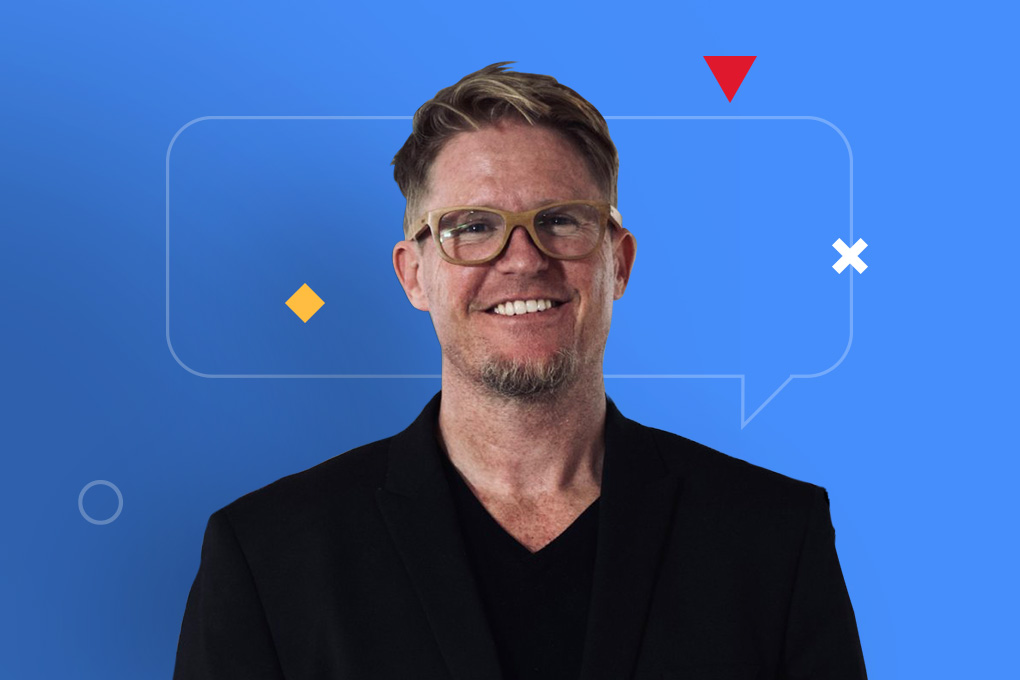Starting a business is not only for old peeps like me. There are a lot of youngsters in South Africa right now who may want to consider starting a business. According to the latest figures, around 65% of the eligible youth (18-24 years old) do not have a job. Personally, I have my doubts about these figures. Anecdotally, I’ve seen many of the youth in our own Heavy Chef community who are earning money in their own way. They’re creating, procuring, hustling and transacting. In other words, they’re not standing on street corners staring at each other waiting for the government to figure out the problem.
If you’re one of these people, I salute you. Entrepreneurship is hard, but it’s also noble. Not only do you crack a chance at making some good money, but you can also bring others with you along your journey. Make no mistake: the road is difficult, and filled with potholes. It does, however, provide you with a shot at freedom and a chance to uplift South African society. It’s essential that enough of you succeed along the way in order for this beautiful country to rise above its current situation.
So, in order to make the road a little smoother, here are five tactics you can look at to get you going:
1. Have a good idea (But know that it’s not enough)
First up, your concept. I’m guessing that, if you’re reading this, you’re a creative thinker. You come up with good business ideas often. You may believe you have a kick-ass idea already. That’s great, but… you’ll need to validate it. There are two steps to this. Firstly, speak your idea out aloud and observe closely how they respond. If it’s a “hellz to the yes!” then you may be on to something. If not, then maybe you’ll need to refine your thinking. Secondly, make a prototype of your idea. Show a sample of it to some potential target buyers. Again, watch carefully. It’s very useful to know your product flaws at this stage in order to iteratively improve.
2. Sell
It’s my firm belief that ‘sales’ is your best investor. Sales is the oxygen of your operation. This may not sit comfortably with you. However, no matter what your personality profile is, you gotta sell. If you believe in your product, you simply have to get out there and punt your product. Your first 1,000 customers are the most important. Really look after them. They will tell you what’s wrong, and importantly, what’s right about your offering. The best tactic of a good salesperson is to ask tons of questions. Understand your customer. Understand what problem of theirs you’re solving. Then position your product as the magic potion to make the pain go away.
3. Set a point on the horizon
‘Learn, do, share,’ is our mantra at Heavy Chef. We learn what we need to learn and apply those learnings to our business – then, we share the results with each other. This is a daily, weekly, and monthly rhythm. This helps you to continually keep aware of where you are in your business journey. It’s essential you surround yourself with smart people. They will help you when the journey is really tough. Place a destination point somewhere on the horizon. Know that each step, however meandering, is getting you closer to that destination. The people around you will help you to keep accountable on your journey.
4. Scale
Focus is really important here. There will be tons of opportunities to say ‘yes’ to adding new activities to your business. That’s a recipe for burnout. Learn to say ‘no’ and create a repeatable system that other people can step into. Getting there will require razor-sharp focus and the courage to sell. The only way to scale is to set up strong operational rhythms, weekly habits and routines, practices and performance indicators that you track and iterate in tiny turns of the dial along the way. At first, this may feel like you’re trying to run through mud. Then, after a while, you’ll find it becomes faster and easier.
5. Failure is part of success
Along this road, you will encounter many ditches and crossroads. Sometimes you will fail. Sometimes, it will appear humiliating. Know that these experiences will pass. Each point of failure provides a learning opportunity that will make you, your business and your offering, stronger. It may even happen that you may have to face the prospect of closing your business down. That will likely be an awful day, but… ‘this too shall pass’. There are very, very few successful entrepreneurs who have not faced disappointment and failure. All the successful entrepreneurs we’ve featured on the Heavy Chef platform have mentioned that their failures were a significant part of their success.
In conclusion, it’s a tough road, but you’re young. There is no better time to take a swing at success in business. There are more opportunities now than ever before. Better internet access has opened up entire new markets, and each day there are more and more businesses being opened. Today may be a good idea to open yours.
Good luck! – and remember to sign up to Heavy Chef, so that you can access all our learnings from other entrepreneurs and get free tickets to our kickass entrepreneur events (in partnership with PayFast woooop!)
About the author
Fred Roed is the Founder and CEO of Heavy Chef, a learning platform for entrepreneurs. Born to two Danish immigrants in South Africa, Fred studied and lived in both Cape Town and Copenhagen before returning back to South Africa.
In Denmark, Fred was compelled to come back to South Africa after watching the Truth and Reconciliation Commission on Danish television. The recognition of the pain of South Africa’s past moved Fred to participate in the country’s rehabilitation and restoration. It is Fred’s guiding belief that a thriving entrepreneurial sector is a crucial component of a thriving economy.
Roed’s first book The Heavy Chef Guide To Starting A Business In South Africa was launched in 2018 and became a bestseller on Amazon. Fred is the co-founder of the Heavy Chef Foundation, aimed at providing funding for high potential emerging entrepreneurs, and is also the co-founder and former CEO of digital transformation agency World Wide Creative, with clients such as Hyundai, Jaguar / Land Rover, City of Cape Town, Rand Merchant Bank, Vodafone, Virgin Mobile and The Foschini Group.



